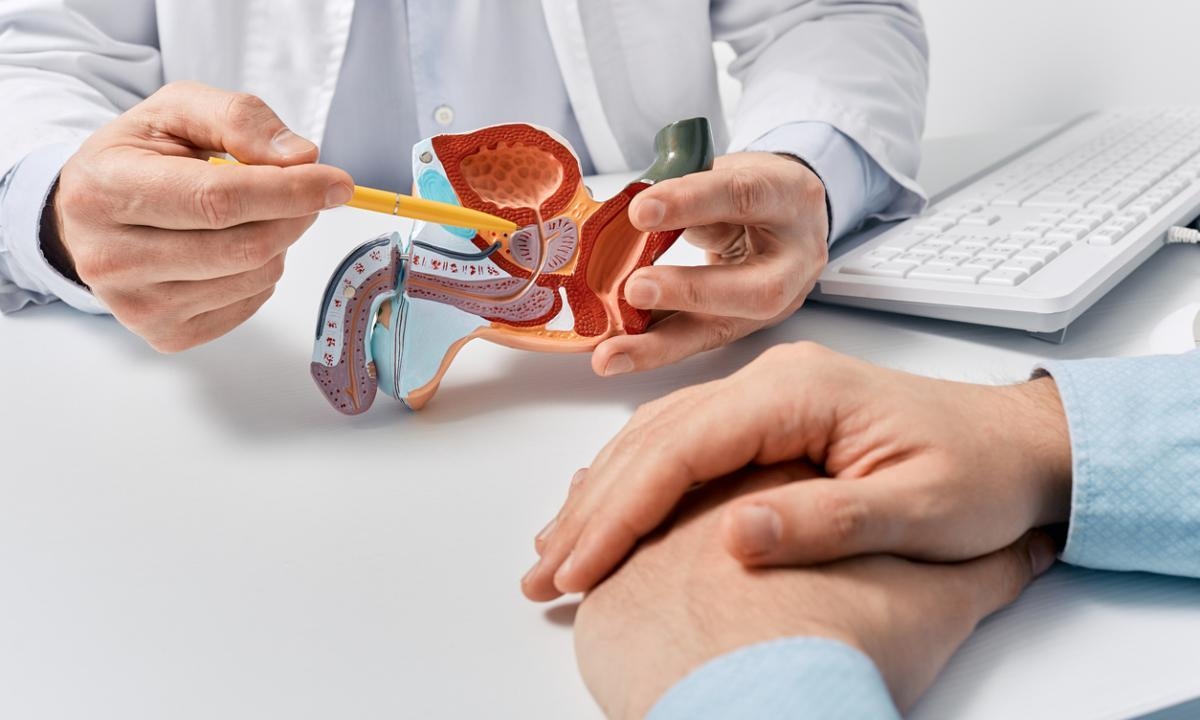
Gut Check: A Short Guide to Digestive Health
To put it simply: If you don’t have optimum gut health, you cannot function at peak performance in any and every facet of life.
Your digestive system comprises a host of complex organ systems providing you with the necessary nutrients to power through the day as well as channeling all the waste out of your system.
Due to poor dietary choices and a sedentary lifestyle, a vast majority of people in Dubai are guilty of inflicting digestive ailments on themselves, and are then forced to look up online for terms such as best gastroenterologist, digestive health specialists, gastroenterologists Dubai, to name a few.
So, in this article we will touch upon key areas of digestive health, including its function, common digestive problems, and ways to enhance your digestive system. Let’s get started.
A Brief Look at Digestive Health
A digestive system that has the capacity to work well, allows your body to benefit from most of what you eat.
As you are aware, the digestive system is made up of a variety of organs, including the mouth, esophagus, stomach, small intestine, large intestine, colon, rectum, and anus, each of which plays a unique role in the digestion process. The digestive system operates in two major ways to break and digest food into smaller molecules that the body inherits, which are:
Mechanical digestion: It is the process of chewing and combining food with digestive enzymes or acids.
Chemical digestion: It is the process by which enzymes and acids break down food into nutrients that the body can absorb.
Significance of a Healthy Digestive System

Taking care of your gut health is critical not just for your overall health and life quality, but also for a plethora of other reasons, including:
-
Absorption of nutrients
-
Enhanced immunity function
-
Mental clarity
-
Disease prevention
Now, let’s explore some of the most common digestive health issues.
Acid Reflux
An extremely prevalent gut problem, Acid Reflux, occurs when stomach acid flows back into the esophagus, causing heartburn and high discomfort.
Irritable Bowel Syndrome
Commonly referred to as IBS in medical circles, this condition affects millions around the globe, especially in the developing world. Signs and symptoms of IBS include abdominal pain, bloating, and changes in bowel habits
Constipation
Another common disorder of the gut is constipation, when you have hard and painful stool. Reasons range from low fiber intake, bad food choices, dehydration or certain medications.
Diarrhea
Diarrhea is characterized by loose and watery feces, which can be caused by infections, dietary intolerances, or underlying medical disorders.
Peptic Ulcers
Peptic Ulcers manifest themselves as painful sores occurring on the stomach, small intestine, or esophageal lining as a result of an imbalance of digestive fluids and stomach acid.
Inflammatory Bowel Disease
Commonly known as IBD, symptoms may include stomach discomfort, diarrhea, and weight loss. It may also cause conditions such as Crohn's disease and ulcerative colitis, which cause persistent inflammation in the digestive tract.
Now, let’s take a look at some ways you can improve your digestive health:
-
Eat fruits and vegetables
-
Choose whole grains and nuts
-
Limit red and processed meats
-
Avoiding sugary foods
-
Consuming foods with probiotics
-
Intake of sufficient water
-
Regularly working out
-
Keeping a healthy weight
-
Avoiding nicotine smoke
-
Get enough shuteye
Finally, let’s read about three important, and often underrated foods that enhance digestive function
Foods Rich in Fiber
Fiber is essential for maintaining regular bowel movements and reducing constipation; also, fiber functions as a prebiotic, feeding important gut microorganisms.
Whole grains, fruits, vegetables, legumes, nuts, and seeds are all excellent sources of fiber.
Ginger
Since ancient times, Ginger has been used as a natural remedy for a variety of digestive issues due to its anti-inflammatory characteristics, which may help relax the digestive tract and alleviate symptoms like nausea, bloating, and indigestion.
You may get the benefits of ginger by including it into tea, smoothies, stir-fries, or soups, either fresh or powdered form.
Bone Broth
Bone broth, which contains collagen, gelatin, and amino acids, is created by boiling animal bones (such as chicken or cattle) in water with a variety of vegetables and spices.
In addition, it is utilized to promote intestinal health and repair the intestinal lining.
Conclusion
Similar to how there are paediatricians in Dubai to handle various disorders among children, gastroenterologists are available at all leading hospitals to treat conditions of the digestive tract. You can avoid paying them frequent visits by following a simple mantra: eat healthy, get enough rest, and exercise regularly.
Trending
-
1 Mental Health Absences Cost NHS £2 Billion Yearly
Riddhi Doshi -
2 Gut Check: A Short Guide to Digestive Health
Daniel Hall -
3 London's EuroEyes Clinic Recognised as Leader in Cataract Correction
Mihir Gadhvi -
4 4 Innovations in Lab Sample Management Enhancing Research Precision
Emily Newton -
5 The Science Behind Addiction and How Rehabs Can Help
Daniel Hall





Comments